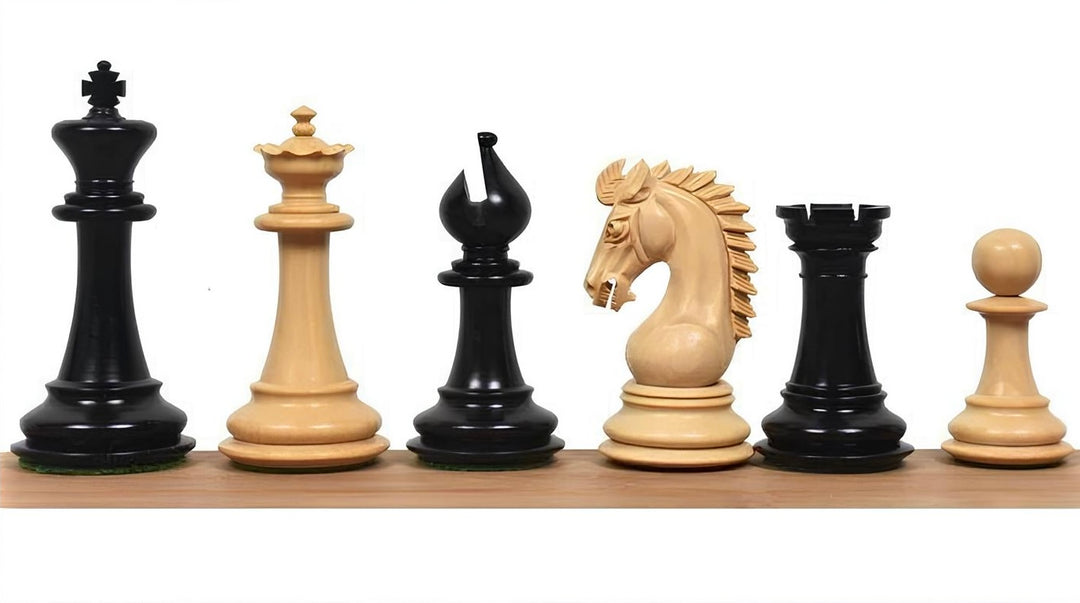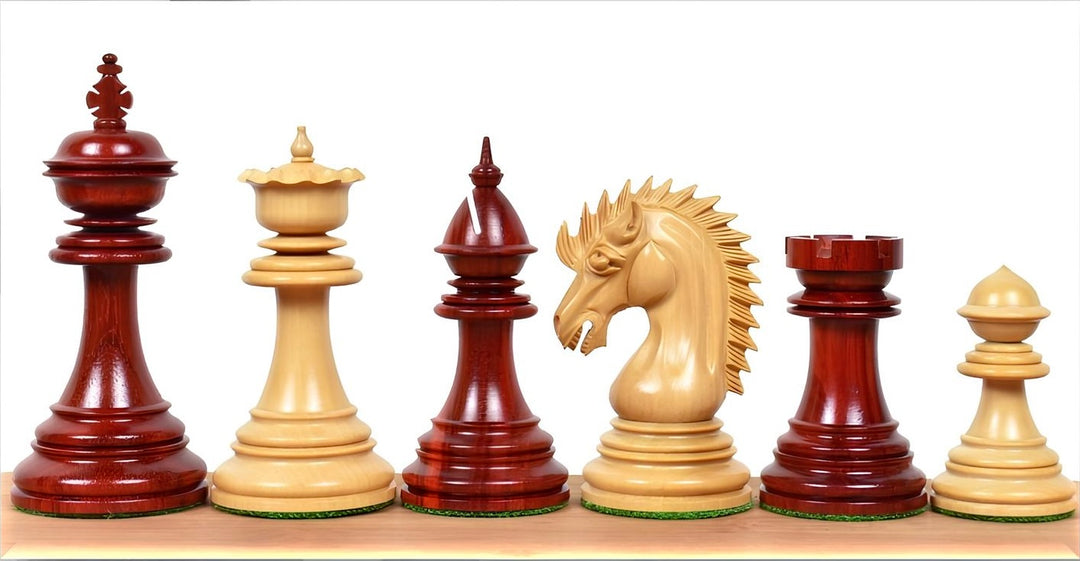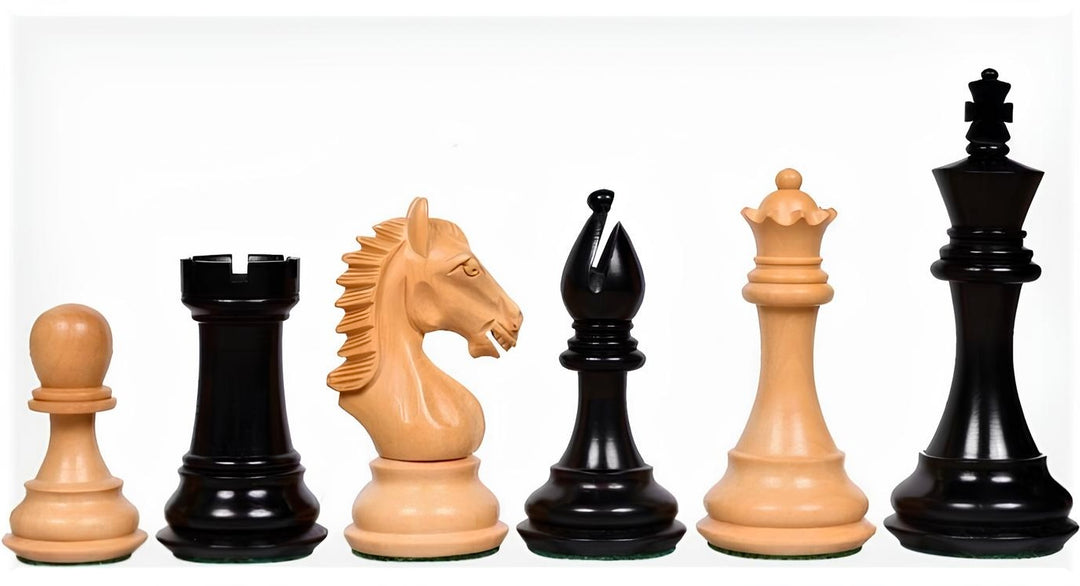The game of chess, renowned for its complex strategies and rich history, is enjoyed by millions around the world. The origins of chess are a subject of fascinating historical inquiry, surrounded by myths, scholarly debates, and cultural tales. One intriguing question that occasionally surfaces is whether chess originated in Britain. This article delves into the historical journey of chess, examining evidence and theories to clarify its beginnings and debunk the myth of its British origins.
The Early Beginnings of Chess
Chess is widely believed to have originated in the East. The most supported theory by scholars is that chess developed in India, from where it spread to Persia, the Arab world, and eventually Europe. The earliest precursor to modern chess is often considered to be the game of Chaturanga, which was played in India around the 6th century AD. This game, played on an 8x8 grid, featured pieces that have clear roles analogous to those in modern chess, including infantry, cavalry, elephantry, and chariotry, which can be seen as early forms of the pawn, knight, bishop, and rook, respectively.
From India, the game moved to Persia, becoming known as Shatranj. The Persians made significant contributions to the game, including the introduction of the terms check and checkmate, which emerge from the Persian phrases Shah (King) and Shah Mat (the king is helpless). The Persians are also credited with developing a more refined set of rules for the game.
The Spread to the Arab World and Europe
Following the Islamic conquest of Persia, chess spread throughout the Islamic world, becoming integrated into the cultural fabric of the Arab society. The Arab scholars made their contributions to chess, refining the game further and preserving its history through extensive literature.
By the Middle Ages, chess had made its way into Europe through multiple routes, including the Islamic territories of the Iberian Peninsula and possibly through trade routes connected to the Byzantine Empire. The game quickly became popular across different European kingdoms. It was during this period that the game began to evolve into its current form, incorporating changes like the powerful moves of the queen and bishop, which signaled a significant shift in the way the game was played.
Chess in Medieval Europe
In Europe, chess became a part of courtly education. It was not merely played for leisure but was also used as a tool for military strategy and moral lessons. By the Renaissance, chess was deeply entrenched in European culture, evidenced by its frequent mention in the arts and literature.
The theory of chess being concocted in Britain during this time is largely a misconception. While chess was indeed a popular pastime in medieval Britain, historical evidence supporting Britain as the birthplace of the game is sparse and not widely accepted among historians. Most evidence points to earlier developments in Asia and the Middle East.
The Evolution of Chess
As chess traveled from one region to another, it adapted and evolved. When the game reached Europe, some of the significant changes occurred, such as the introduction of the queen's and bishop's enhanced movements during the late 15th century in Spain. This version of chess, known as Mad Queen Chess, rapidly spread throughout Europe and is considered a precursor to modern chess.
In addition to changes in gameplay, the design and artistic representation of chess pieces have varied greatly over centuries and regions, reflecting local cultures and the artistic sensibilities of the times. The most famous set that reflects such transcultural interactions is the Lewis Chessmen, which were discovered in Scotland and are believed to be of Norse origin.
Chess in Contemporary Times
Today, chess is a global game, governed by an international organization, the World Chess Federation (FIDE). Its reach spans across mass media, including online gaming platforms, where millions engage in the game daily. Chess tournaments attract competitors from all corners of the globe, and players like Magnus Carlsen and Vishy Anand are household names.
Modern chess, with its standardized rules and widespread appeal, maintains the essence of the ancient game while evolving to meet the interests and technologies of the modern world. Despite its clear origins from Eastern regions like India and Persia transitioning through the Arab world, and its evolution in Europe, the universal appeal of chess attests to its ability to transcend cultural and geographical boundaries.
Conclusion
Chess did not originate in Britain; its roots can be traced back to ancient India and its journey through Persia and the Arab world into Europe, where it evolved into its present form. The misconception that chess started in Britain likely stems from the game's historical prevalence and the cultural significance it held in medieval Europe, including Britain. Understanding the origins and evolution of chess not only sheds light on the game itself but also on the rich tapestry of cultural exchanges among civilizations throughout history. Chess is truly a global game, one that has captured the strategic imaginations of cultures around the world for hundreds of years.
Explore our large collection of beautiful chess sets!


































Leave a comment